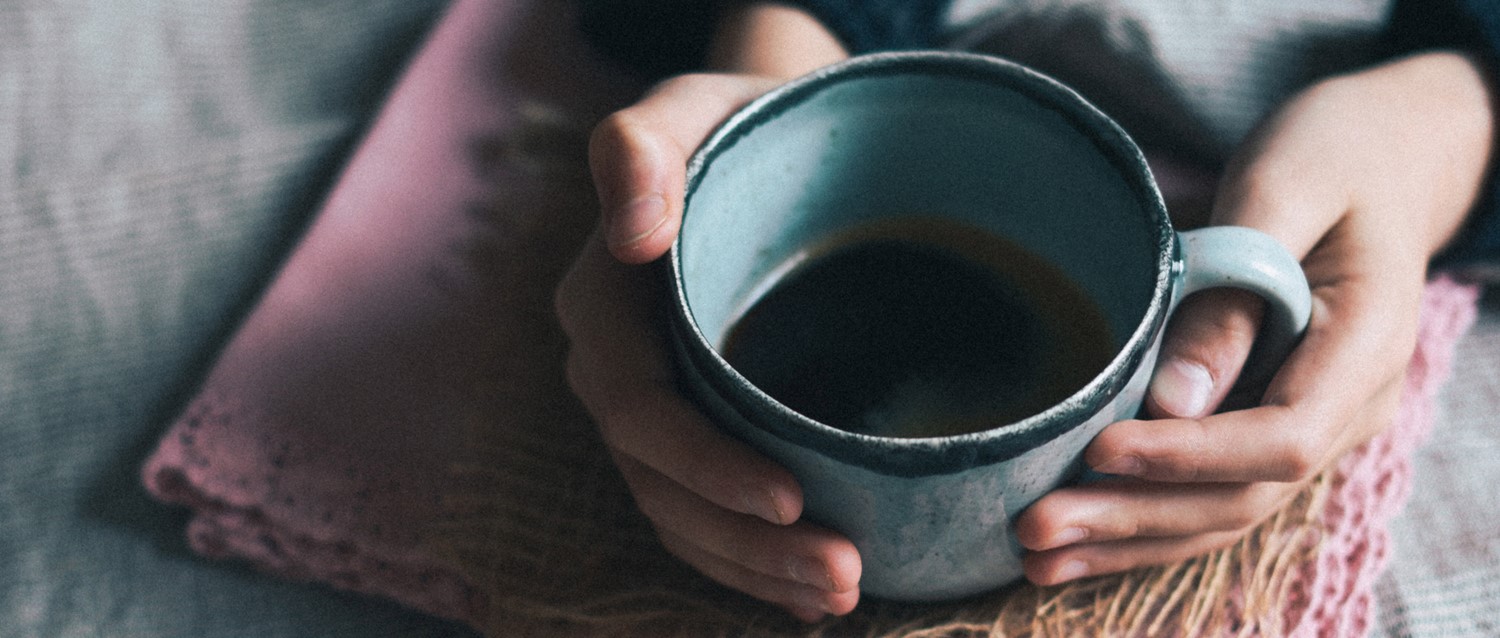
Breaking the stigma of mental health
Peer reviewed by Dr Hayley Willacy, FRCGP Last updated by Dr Sarah Jarvis MBE, FRCGPLast updated 31 Oct 2017
Meets Patient’s editorial guidelines
- DownloadDownload
- Share
- Language
- Discussion
Many celebraties are now quite rightly openly discussing mental health. By raising awareness, the aim is to break the stigma around it so that people of all ages can recognise the symptoms and get the help needed.
In this article:
It's more common than you think
Depression is amazingly common, affecting 60% of us at some point. For 1 in 10 men and 1 in 5 women, the 'black dog' has a major impact on life. It's much more than just feeling a bit down because your team has lost a football match or your favourite TV show has been cancelled. It's an overwhelming sadness, or constant exhaustion, or a complete inability to enjoy life - or sometimes all three.
How do I know?
Back to contentsTo tease out depression, your doctor will ask two screening questions. In the last month, have you been bothered by:
Feeling down, depressed or hopeless?
Not enjoying things you'd normally look forward to?
If the answer is 'yes, at least half the time' to either of these questions, they'll probe further. Have you had problems with sleep, appetite, concentration, feeling unduly guilty? Have you ever thought you'd be better off dead? If you're concerned about a loved one, offer to go with them to see the GP - you can go in with them or just wait outside for moral support.
These questions will give an idea of whether you're depressed and if so, how seriously. The options for treatment will depend on your circumstances, but talking therapy is likely to be high up the list. These days, everyone in the UK can get a free NHS assessment through the IAPT service (Improving Access to Psychological Therapies) - or you can refer yourself to your local service. That assessment will help decide which form of counselling will suit you best. Antidepressant medication tends to be reserved for more severe cases. It can help enormously, but needs to be taken for some months for best effect.
Continue reading below
What causes mental health disorders?
Back to contentsDepression is often triggered by a single major life event. But someone can also be tipped over into depression by just too many minor stresses. We all need some stress to motivate us - otherwise, we'd never be bothered to put any effort into anything. But if stress increases too much, it can push us over the brink. Instead of making us want to try that bit harder, every new demand on us seems overwhelming. We can't make decisions, and fear that others will work out we're not managing just adds to the stress. We can't cope even with the 'enjoyable' stress of socialising or concentrating on Bake-Off.
Even more people are affected if we include other mental health problems such as anxiety, obsessive-compulsive disorder or schizophrenia. 1 in 6 adults have a 'common mental disorder', a figure that has stayed stable among men for the last 20 years but gone up among women. Of people affected, 1 in 3 women now receive help for their mental health problems, up from 1 in 4 just a decade ago.
Looking to the future
Back to contentsDoctors are prescribing more medicines like antidepressants, but there's also more access to talking therapies including counselling. People with mental health disorders are also more likely to be using community services, and to discuss their problems with a GP, than they were a decade ago. More and more people with severe mental health problems are being offered care at home, with specialist services coming to visit them. But inequalities do still exist - people who live alone, are out of work or have physical health issues too are more likely to have mental health problems.
There is much you can do yourself if you're prone to depression. Many people drink alcohol to try to forget their troubles - but alcohol is actually a depressant, and can make your mood worse. There's lots of help available on the NHS if you're concerned about your drinking. Regular exercise helps your body make natural 'feel-good' hormones. Making simple relaxation techniques part of your day can help counter the stresses of modern life that can lead to depression. And techniques like mindfulness - focusing on the here and now - can quickly become a protective part of your daily routine.
With thanks to 'My Weekly' where this article was originally published.
Patient picks for Mental wellbeing

Mental health
Why we should be making mental health New Year resolutions
New Year resolutions often revolve around exercise and diets, but we can also use this time to think about how we can improve our mental health too. So what kind of goals can you set for your wellbeing - and how can you stick to them?
by Lydia Smith

Mental health
How to look after your mental health this winter
The first months of the year can be a miserable time. Holiday festivities are over, money is tight and pressure to keep up your resolutions is mounting. This can lead to feelings of anxiety, depression and even failure. For many, these symptoms begin even earlier as the seasons change from autumn to winter. According to the Royal College of Psychiatrists, around every 3 in 100 people suffer from significant seasonal depression, which can interfere with daily life. We explore why winter leaves so many feeling down and how you can tackle it at home.
by Georgia Gallant
Article history
The information on this page is peer reviewed by qualified clinicians.
31 Oct 2017 | Latest version

Ask, share, connect.
Browse discussions, ask questions, and share experiences across hundreds of health topics.

Feeling unwell?
Assess your symptoms online for free
Sign up to the Patient newsletter
Your weekly dose of clear, trustworthy health advice - written to help you feel informed, confident and in control.
By subscribing you accept our Privacy Policy. You can unsubscribe at any time. We never sell your data.